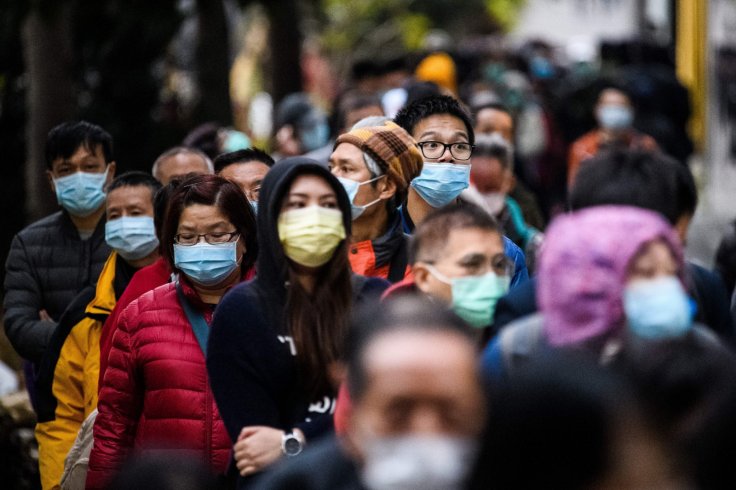South Korea reported 161 cases of coronavirus infection and a fatality on Monday, February 24. The number of cases of infection in the East Asian country has now increased to 763, while the fatalities have been put at seven.
Covid-19 cases in South Korea
A total of 161 coronavirus cases were reported in South Korea on Monday. Out of these, 115 were linked to the Shincheonji Church of Jesus in the south-eastern city of Daegu. A 62-year- old man died of the disease on Sunday, Yonhap News Agency reported.
The major reason for the surge in cases is reported to be the congregation at the Shincheonji Church of Jesus, which has reported over 300 cases. Here, a 61-year-old infected woman, known as "Patient 61", who attended the church service, infected a large number of persons. She had no record of overseas travel and contracted the disease in South Korea itself.

A 62-year-old man being treated in a hospital in the Cheongdo county died of the disease, becoming the seventh coronavirus fatality in the East Asian nation. Cheongo county along with Daegu has emerged as the centers of the disease outbreak, designated as "special zones" on Friday, February 21.
What is South Korea doing to curb the outbreak?
On Sunday, February 23, the country raised the disease alert to four, i.e. the highest level. This allows the government to send extra resources to Daegu and Cheongdo. Authorities can also forcibly restrict public assembly. The last time the alert level was raised to "4" (i.e."red"), was during the H1N1 virus outbreak 11 years ago. In a first, the government transferred the decision-making powers on all disease-related issues from the health ministry to the country's prime minister.
Other countries raise alarm over surge in cases in South Korea
On Saturday, the United States raised its travel advisory level for South Korea from 1 to 2. Israel and Palestine raised alarm when a group of 17 South Korean pilgrims tested positive for the virus. They had visited some of the holy land's most popular sites, raising fears of a possible outbreak, the South China Morning Post reported.
On Saturday, South Koreans on board a Korean airliner were not allowed to enter Tel Aviv's Ben Gurion international airport over coronavirus concerns. "As the measure was taken without notice in advance by Israel, we have lodged a complaint for causing inconveniences to our travellers and asked to prevent a recurrence," the South Korean foreign ministry said.









